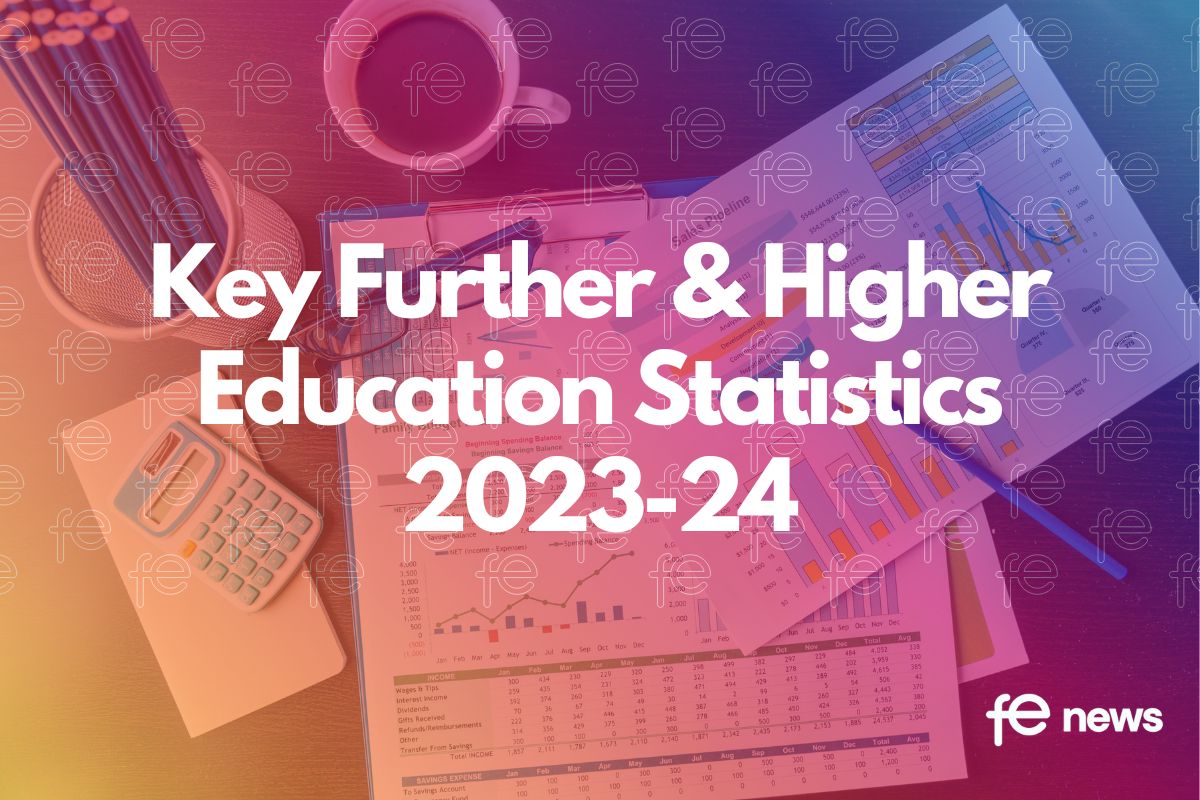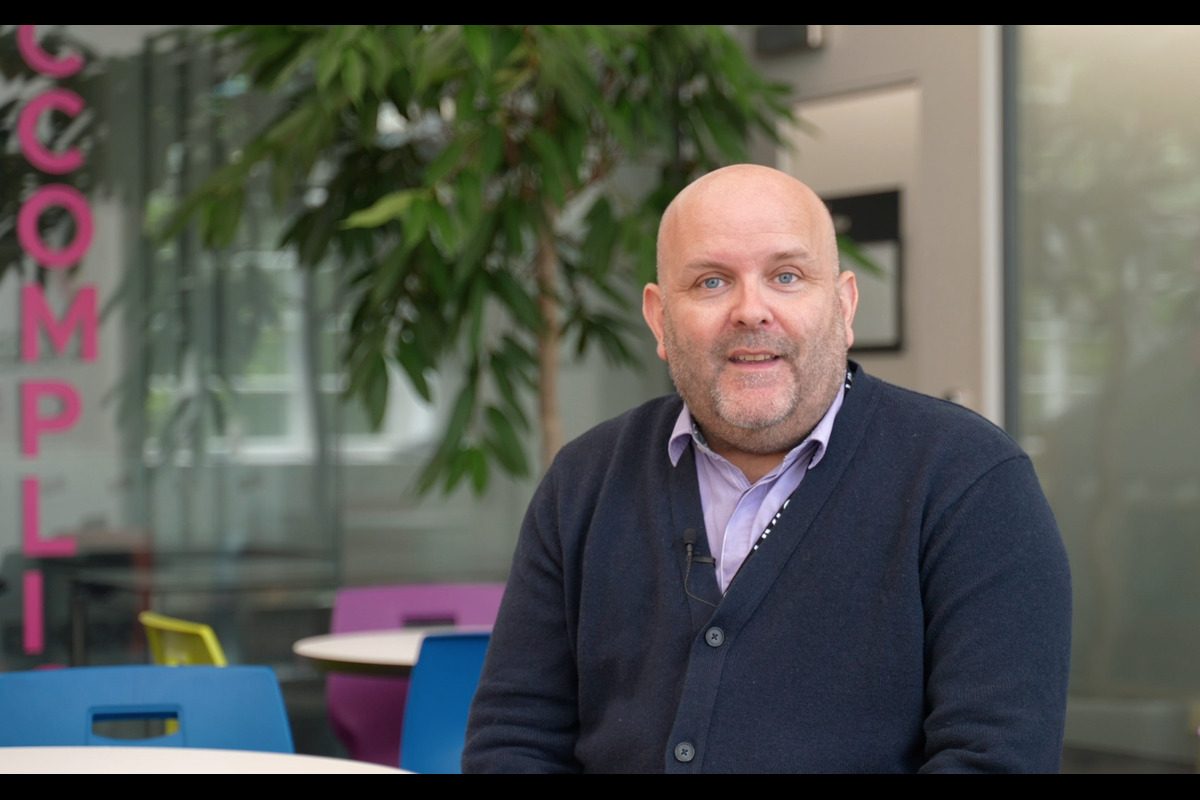New EPI report highlights large education gap between poor children and the rest in Wales

New research from the Education Policy Institute (EPI) into the impact of educational inequalities across England and Wales, funded by the Nuffield Foundation, reveals that Welsh schools suffer a wider disadvantage gap than English schools, but that both nations have made only modest progress in closing this gap during the last decade. This is the first report into educational inequalities in Wales and England over the last decade.
The ‘disadvantage gap’ is a leading measure of social mobility and an indicator of policymakers’ progress in reducing inequalities in education.
Pupils are classed as “disadvantaged” if they were eligible for free school meals in the past six years, and “persistently disadvantaged” if they were eligible for free school meals for 80 per cent of their time in education.
Comparing educational inequalities across England and Wales is challenging based on published statistics, due to different reforms to GCSEs and performance measures over time across the two nations. We make use of detailed administrative data for both nations and apply tried and tested methods for assessing the disadvantage gap over time, in the face of multiple reforms.
EPI research finds that whilst Wales suffers a greater disadvantage gap in GCSE results than England, progress in narrowing disadvantage gaps has been modest for each nation over the last decade.
Figures on the impact of educational inequality for 2019 reveal Wales’ disadvantage gap to stand at 22 – 23 months, with England’s narrower at 18 months. Disappointingly, corresponding figures from 2011 show slow progress in narrowing these gaps, with figures only down from disadvantage gaps of 24 months in Wales and 20 months in England in 2011.
Persistently disadvantaged pupils experienced still larger disadvantage gaps, with those in England suffering a persistent disadvantage gap of 23 months and those in Wales experiencing 29 months. With little sign of these persistent disadvantage gaps closing, alongside an expectation of a growing number of pupils in this category, improving educational outcomes for the persistently disadvantaged should be prioritised by policymakers.
While it’s clear that Welsh schools in deprived areas suffer greater disadvantage gaps than their English counterparts, the report finds no evidence of this difference being a result of policy divergences between the two nations over the last decade.
Although reasons for Wales’ higher disadvantage gap predate 2010, the Welsh local authorities with the highest disadvantage gaps should still seek best practice from those deprived areas of England faring better with comparable demographics. There are many comparable areas of England with similar levels of persistent poverty, but lower disadvantage gaps, such as Barnsley, Gateshead, Portsmouth, Salford, Stockton-on-Tees and Rotherham.
To improve social mobility across each nation, EPI encourages a renewed focus to be targeted at narrowing disadvantage gaps within schools.
Key Findings:
- The overall disadvantage gap in GCSE results is higher in Wales than in England, but progress in narrowing the disadvantage gap has been slow in both nations over the last decade.
- In England, the disadvantage gap was equivalent to 18 months of educational progress in 2019 across all GCSE subjects and core GCSE subjects. This is down from about 20 months in 2011.
- In Wales, the disadvantage gap in GCSE results was higher at about 22-23 months of educational progress in 2019, and only down on 24 months in 2011.
- There is a larger disadvantage gap for pupils experiencing persistent disadvantage in both nations, and almost no closing of this gap over time.
- In England, the persistent disadvantage gap was equivalent to about 23 months of educational progress in 2019, with almost no change since 2011.
- In Wales, the persistent disadvantage gap was about 29 months of educational progress in 2019, which is also unchanged on the level in 2011.
- Pupils from disadvantaged backgrounds are much less likely to reach the top quintile of GCSE scores and more likely to be in the bottom quintile across both nations, with less mobility in Wales than in England.
- In Wales, the disadvantage gap is highest (25-28 months) in Wrexham, Merthyr Tydfil, Blaenau Gwent, Rhondda Cynon Taf, Torfaen, Pembrokeshire and Neath Port Talbot. These disadvantage gaps are larger than that seen across all local authorities in England (the largest being Blackpool at 25 months).
- Welsh local authorities with the lowest disadvantage gaps tend to be rural local authorities, Anglesey, Powys, Gwynedd and Ceredigion, or large cities, Cardiff and Swansea. However, with disadvantage gaps of about 17-20 months, this only matches the average picture in England.
Recommendations for Policymakers:
- Local authorities in Wales need to learn more from deprived areas of England with similar demographics, and which have managed to achieve smaller disadvantage gaps over time.
- Targeted extra funding at more deprived schools has been shown to be effective at narrowing the disadvantage gap. More funding should be specifically targeted at pupils experiencing persistent disadvantage in both nations.
- A high focus on teacher quality is crucial, through policies designed to improve recruitment and retention of high-quality teachers in more deprived areas, such as salary supplements, and access to high-quality professional development.
- One-to-one and small group tutoring has been shown to be highly effective
- The most successful charter schools focus on frequent teacher feedback, the use of data to guide instruction, high-dosage tutoring, increased instructional time, and maintain a culture of high expectations.
- With schools unlikely to be able to close disadvantage gaps sufficiently on their own, a wider focus on child poverty, other parts of the education system, such as the early years, and other public services, such as children’s services is required.
Dr Luke Sibieta, Research Fellow at EPI, said:
“The gap in education outcomes between poor children and the rest is far too wide in both England and Wales. But the results for Wales are particularly concerning – with poor children almost 2 years behind on average by the time they take their GCSEs, compared with 18 months in England. And children who are long-term poor in Wales are almost 2 and a half years behind, compared with just under 2 years in England.
“Policymakers in both countries need to re-double their attempts to give poorer children a better chance in life, and Welsh policy makers need to consider if there are lessons which they can learn from the best performing areas of England, where gaps are far lower.
“In both countries, a range of measures is necessary including targeting more funding at schools with high levels of disadvantage, improving teacher quality in deprived areas and more one to one and small group tuition.”
Rt Hon David Laws, Executive Chairman of EPI, said:
“This report highlights the huge attainment gaps in both Wales and England, gaps that have almost certainly widened since the Covid crisis hit. This new research also highlights how much bigger the gaps are in Wales, which should trigger a debate in Wales as to why these outcomes are so disappointing and what more can be done to turn things around. Across the UK, policymakers need to re-double their efforts to give poor children a better chance in life.”
Sector Response
Stephen Morgan MP, Labour’s Shadow Schools Minister, said:
“The Conservatives are failing our children. After 12 years, children on free school meals are still being held back compared to their peers and the Government has no plan to drive up outcomes or standards in England’s schools.
“Ministers have been warned the pandemic would make this worse, but their pathetic tutoring programme is failing pupils and wasting millions of pounds of public money.
“Labour would be prioritising children’s learning and tackling the attainment gap right now with our ambitious recovery plan, including tutoring and breakfast and afterschool activities. And we would be pushing on raising standards across England with thousands of new teachers, and careers advice and work experience for every child ensuring they leave education ready for work and for life.”










Responses